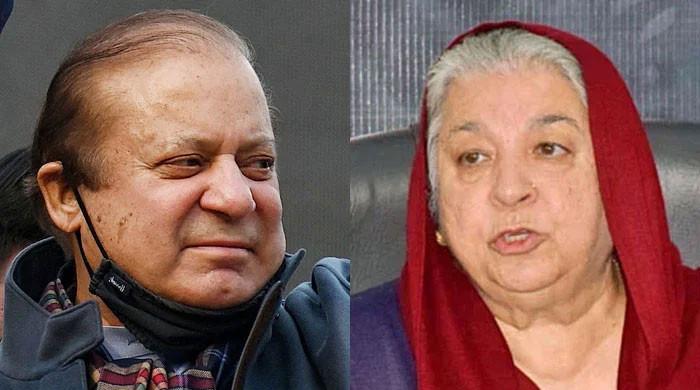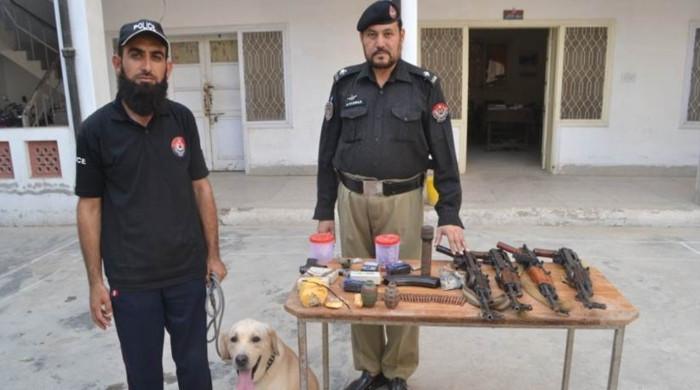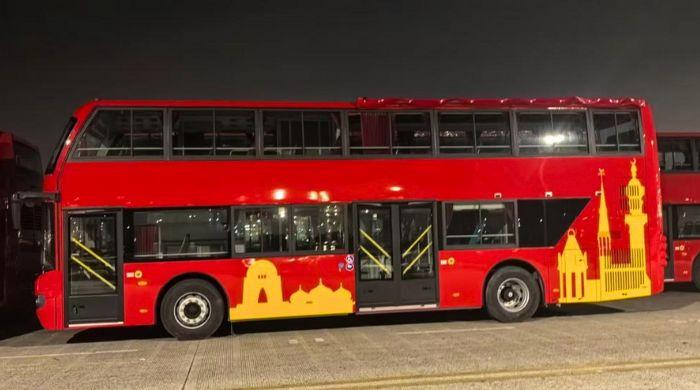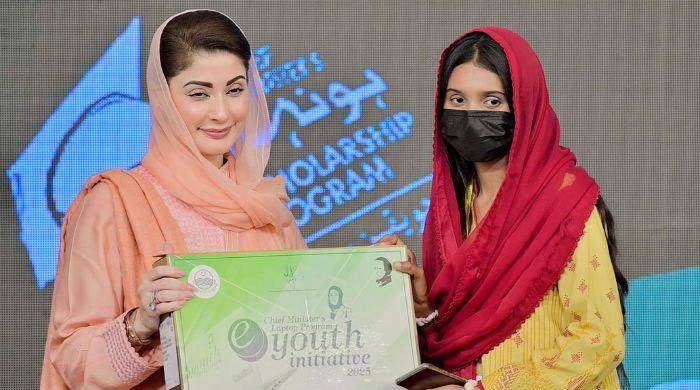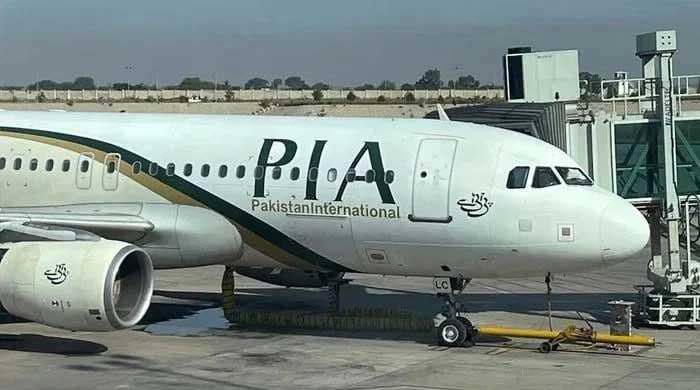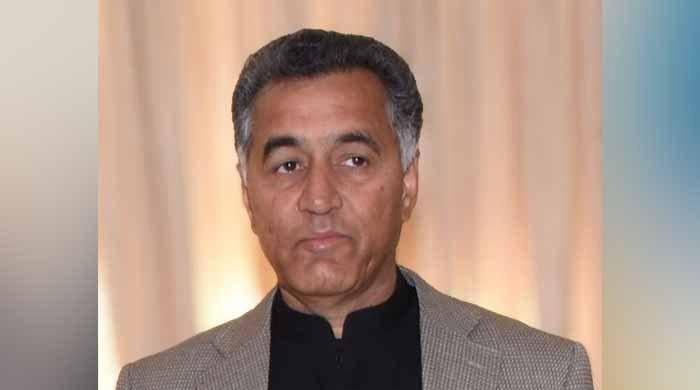Three inspiring figures from Pakistan make it to BBC's 100 women of 2021
Abia Akram, Malala Yousafzai, and Laila Haidari are women who have made it to the list from Pakistan
December 07, 2021
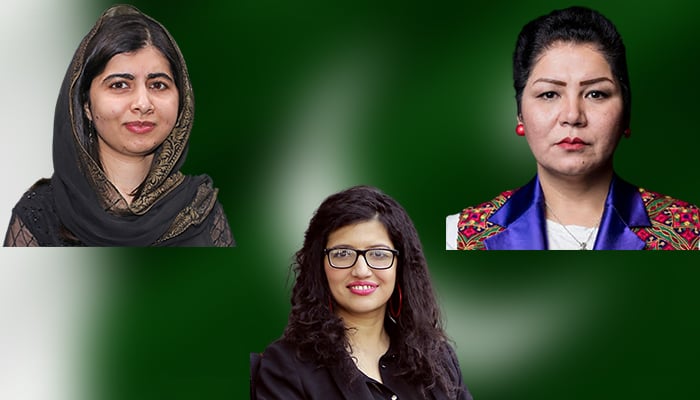
Three women from Pakistan have made it to the British Broadcasting Corporation's (BBC) 100 women of 2021, a list that includes inspiring and influential women from around the world.
The British broadcaster's list of 2021 is highlighting those women who are hitting "reset" — the one's reinventing society, culture, and the world.
Disability leader Abia Akram, youngest-ever Nobel Peace Prize laureate Malala Yousafzai, and Mother Camp's founder Laila Haidari are the women who have made it to the list from Pakistan.
Samoa's first female prime minister Fiamē Naomi Mata'afa, Professor Heidi J Larson, who heads The Vaccine Confidence Project, acclaimed author Chimamanda Ngozi Adichie, and others are named in the last.
"Women from Afghanistan make up half of this year's list, some of whom appear under pseudonyms and without photos for their own safety," the BBC said.
The Pakistani women
Laila Haidari
Haidari — who has been included in the Science and Health category — has helped almost 6,400 Afghan nationals since 2010 through her drug rehabilitation centre — Mother Camp — established in Kabul.
The woman had started the camp using her savings and financed it by opening a restaurant, which was shut down after the fall of Kabul — as the Taliban took over in mid-August. The eatery was run by recovering addicts.
Haidari’s family hails from Bamyan, Afghanistan. However, she was born a refugee in Pakistan. She is a vocal advocate of women's rights, as she was a child bride — married at 12 years of age.
Abia Akram
An activist in the disability movement, she started the Special Talent Exchange Programme (Step) in 1997 — when she was still a student.
"She is the first woman from Pakistan to be nominated co-ordinator for the Commonwealth Young Disabled People’s Forum. Akram is the founder of the National Forum of Women with Disabilities and has campaigned for the implementation of the UN Convention on the Rights of Persons with Disabilities and Inclusive Development," the BBC said.
Akram is also working to include disability in the United Nations' 2030 Agenda and its sustainable development goals.
Malala Yousafzai
Voicing for the right of young women to education since she was 11, Malala is a girls’ education activist and the United Nations' messenger of peace.
"Her activism began with blogs for the BBC about living under Taliban rule in Pakistan and the ban on girls attending school. In October 2012, a gunman boarded her bus, looking for her, and shot her in the head," the BBC said.
After she recovered, Malala has continued to work as the co-founder of the non-profit Malala Fund, "aiming to build a world where every girl can learn and lead without fear".




